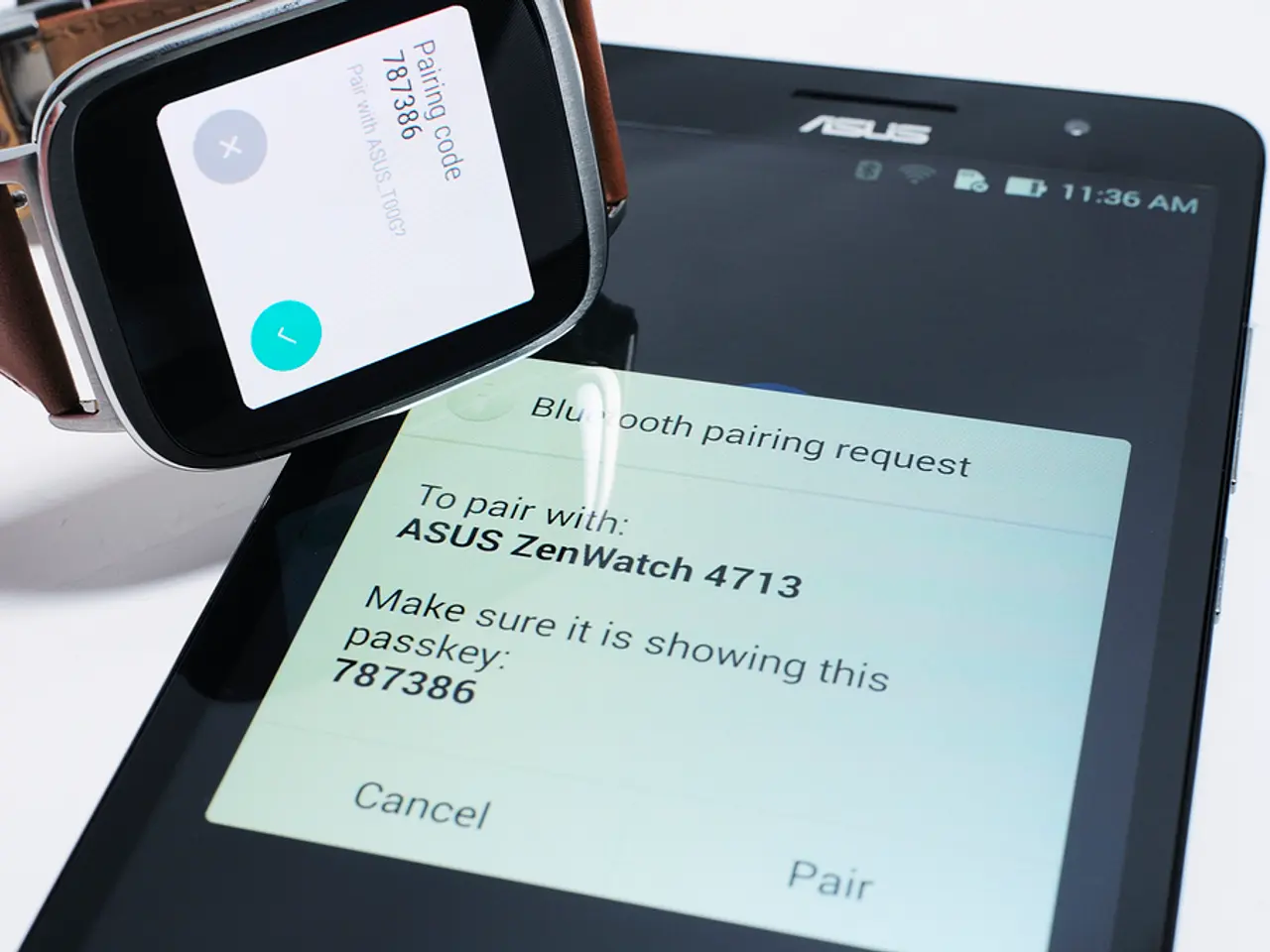Apple Watch's Heart Health Features: What They Can and Can't Do
Apple Watch's heart health features, including the irregular rhythm notification and ECG app, have gained attention, but it's crucial to understand their limitations. Neither feature can detect heart attacks, blood clots, or strokes. Both require an iPhone 5s or later on iOS 12.2 and are intended for users aged 22 and above without a diagnosed atrial fibrillation (AFib).
The irregular rhythm notification feature is available on Apple Watch Series 1 and later in various countries. It alerts users to possible atrial fibrillation (AFib), but it does not diagnose other heart-related conditions. The ECG app, exclusive to Apple Watch Series 4, provides a single-lead electrocardiogram reading. However, it also only detects AFib and does not replace professional medical advice.
Both features require the latest watchOS and iOS versions. In Germany, the ECG app can be used by individuals aged 22 and older without a prior diagnosis of AFib. However, it's essential to note that these features are not designed to replace medical professionals or emergency services.
While Apple Watch's heart health features can provide useful information, they have limitations. Neither the irregular rhythm notification feature nor the ECG app can detect heart attacks, blood clots, strokes, or other heart-related conditions. Always consult a healthcare professional for medical advice.




